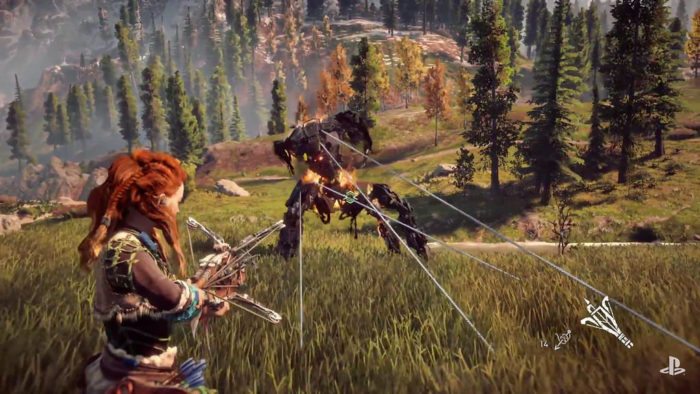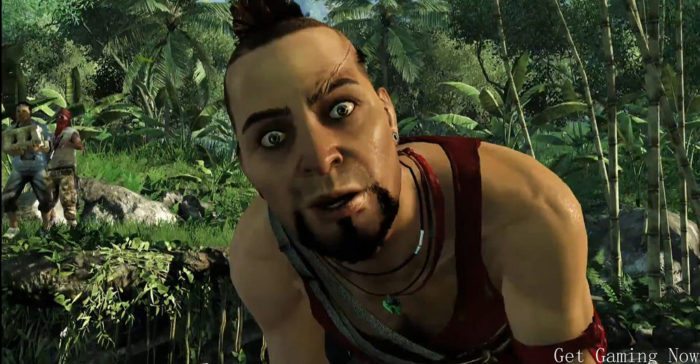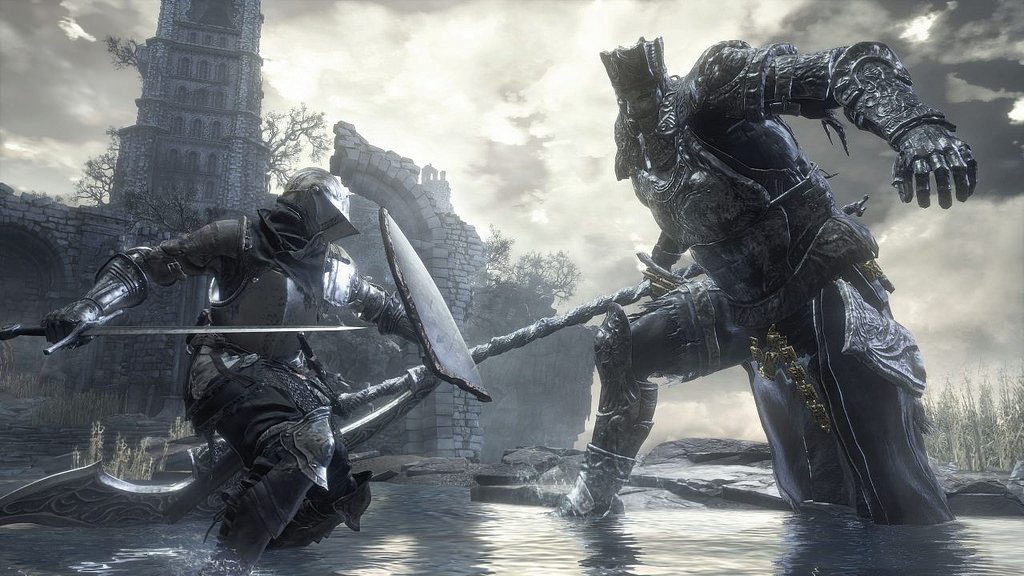Crazy Truths About Videogames and Mental Health
As many might be aware, mental health awareness week was two weeks ago; however what is often the case with these awareness weeks is that people talk for a while, think about it for a bit and then go back to never mentioning it again for a year. Mental health awareness week may have passed us by but those who are struggling or have struggled with it are still very much among us. And so we would like to take this opportunity to re-visit the issue of mental health by looking at the real experiences that Warwick students have had with mental health and their videogames.

Flickr, Bago Games
The Beast that can be Beaten
Suffering from depression and anxiety is tough. For me, single-player video games have been a key outlet to my stress. You obviously have to be careful not to use games as an escapist crutch, but at the worst times when nothing else works and anxiety or hopelessness are threatening to overwhelm me, playing a good game can transport me temporarily outside of my own head and into another world. This might be anything from a quick level of Peggle 2 puzzling or the serene beauty of Journey and Abzu, to blowing bandits to pieces in Borderlands 2. The engaging interactivity makes games preferable over TV which, whilst entertaining, allows for me to be much more passive and can actually send me further down my spiral of negative thoughts.
Aside from escapism, I find that videogames provide me with a sense of familiarity that’s all to scarce away from home.
I sometimes visualise my struggle with depression as a LOTR-style battle of light and darkness, the likes of which are typical in many fantasy video game plots. Whilst being careful not to romanticise it as this grand narrative, it helps me to actually put up a fight and tell myself that my depression does not define me and is not the sum of my identity. The resilient struggles of good over evil in series like Final Fantasy and Dark Souls remind me that this is a beast that might beat me down again and again but that I can ultimately prevail.
Anonymous
The Uni Companion
The relationship between videogames and my mental health is an overwhelmingly healthy one. I’ve been playing games for the majority of my life and, whilst rarely causing frustration, I will always find comfort and enjoyment in them. The main difference I find between videogames and many other art forms is the unique ability they possess to provide the player with their own sense of agency, even if confined to the game world. Making in game decisions and having the repercussions actualised is gratifying, and at times moving.
It helps me to actually put up a fight and tell myself that my depression does not define me and is not the sum of my identity
Having started university this academic year I found videogames have helped me in more ways than I anticipated. Being able to turn to them has always provided respite from work, but I had never found it more important to maintain a balance between managing my own workload and peace of mind. In immersing myself in the game worlds I was able to escape from the pressures, both societal and academic, of life at university. Whilst perhaps seen by some as an isolating activity I look forward to the times where I’m exploring a world or engaged in a narrative. Aside from escapism, I find that videogames provide me with a sense of familiarity that’s all to scarce away from home.
Anonymous
From Villany to Heroism
The portrayal of mental health in gaming is far from progressive. Mad crones are used as plot pushers, addiction a game mechanic and anger-management problems a cool bonus round. Games must at their core be fun, or there would be no point in playing them, and so developers have tended to use this as an excuse to exploit every aspect of them to their fullest. Realistic depictions have had to make way for unthinking violence and enjoyment. So as I would sit at my console using escapism to calm my anxiety I was perhaps a little conflicted. I was gunning down, beating up and ruthlessly stabbing cruel caricatures of myself.

Flickr, Get Gaming Now
However, as gaming has evolved it seems that more thought-provoking depictions of mental health are emerging. L.A. Noire took the bold choice of creating a deeply flawed and not particularly likeable protagonist, of whom we were able to explore the complexities of PTSD and the terrifying realities of war. Life is Strange presents us with a number of characters who are struggling with their mental health and especially depression. Horizon Zero Dawn’s protagonist is strong and heroic and also suffers from schizophrenia. No more are those with mental health problems scapegoated into crazed, lunatic villains. As videogames become more advanced, so too do their plots and characters, and this ambition seems to be leading the way in a very promising future of mental health in videogames.
Matilda Smith

Comments (1)